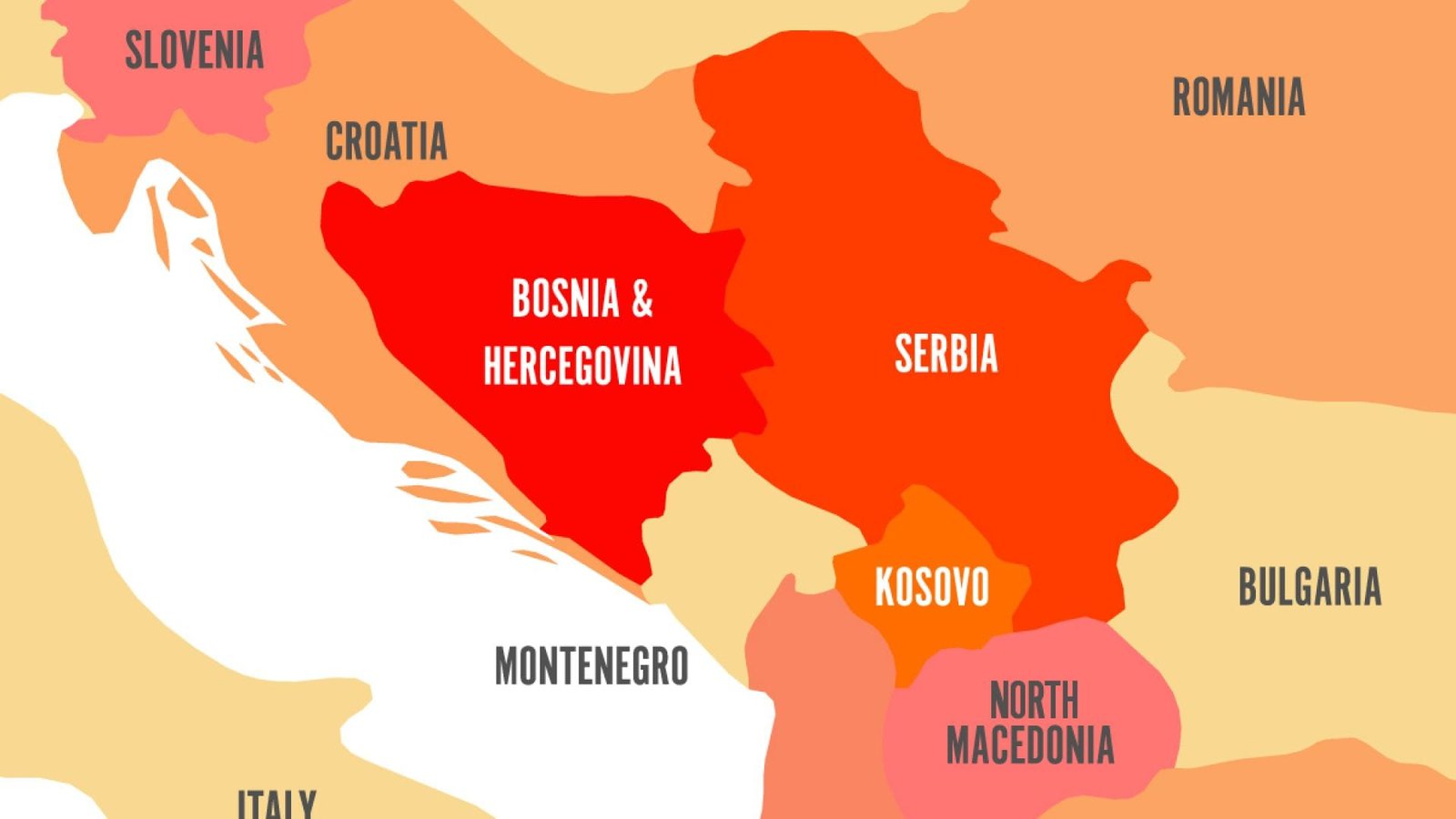In the turbulent landscape of the Balkans, Kosovo and Bosnia and Herzegovina stand as symbols of resilience in the face of Serbian aggression. The proposed Association of Serb Municipalities (ASM) within the Republic of Kosovo serves as a stark reminder of the ongoing struggle for autonomy and sovereignty, echoing past injustices inflicted upon these nations by Serbian forces. Against the backdrop of historical grievances and ethnic divisions, the actions of Serbia and its proxy in Republika Srpska paint a disturbing picture of regional instability and the enduring legacy of genocidal campaigns.
The ASM, advocated by the Serbian government and its allies, represents a brazen attempt to undermine Kosovo’s sovereignty and territorial integrity. Since declaring independence in 2008, Kosovo has faced relentless opposition from Serbia, which continues to deny its legitimacy as a sovereign state. The endorsement of the ASM is yet another manifestation of Serbia’s expansionist agenda, seeking to exert control over Serb-majority areas in Kosovo and perpetuate a cycle of ethnic division and conflict.
The parallels with Republika Srpska in Bosnia and Herzegovina are chilling. Established during the Bosnian War as a bastion of Serb nationalism, Republika Srpska has been marred by atrocities and ethnic cleansing, leaving scars that continue to haunt the region. The ASM threatens to replicate this dark chapter in Kosovo’s history, institutionalizing ethnic divisions and eroding the fragile peace that has been painstakingly built since the end of the Kosovo War.
Moreover, the Serbian government’s role in fomenting regional instability cannot be overstated. Under the guise of protecting Serb interests, Serbia has consistently pursued a policy of aggression and territorial expansion, fueling tensions and undermining efforts towards reconciliation. The warmongering rhetoric emanating from Belgrade, coupled with its support for Republika Srpska, underscores Serbia’s complicity in perpetuating Balkan conflicts and destabilizing the region.
In contrast, Kosovo and Bosnia and Herzegovina emerge as the victims of Serbian aggression, striving against all odds to assert their independence and rebuild their nations. The people of Kosovo have endured years of oppression and violence at the hands of Serbian forces, yet they remain steadfast in their determination to forge a future of peace and prosperity. Similarly, Bosnia and Herzegovina continue to grapple with the legacy of war and ethnic division, yet they persevere in their pursuit of justice and reconciliation.
As the international community grapples with the implications of the ASM, it must unequivocally condemn Serbian aggression and stand in solidarity with Kosovo and Bosnia and Herzegovina. Any attempts to legitimize the ASM or appease Serbian demands would only embolden aggressors and threaten the hard-won gains of peace and stability in the Balkans. It is time for the world to recognize the plight of Kosovo and Bosnia and Herzegovina, and to unequivocally support their aspirations for sovereignty, autonomy, and peace.







